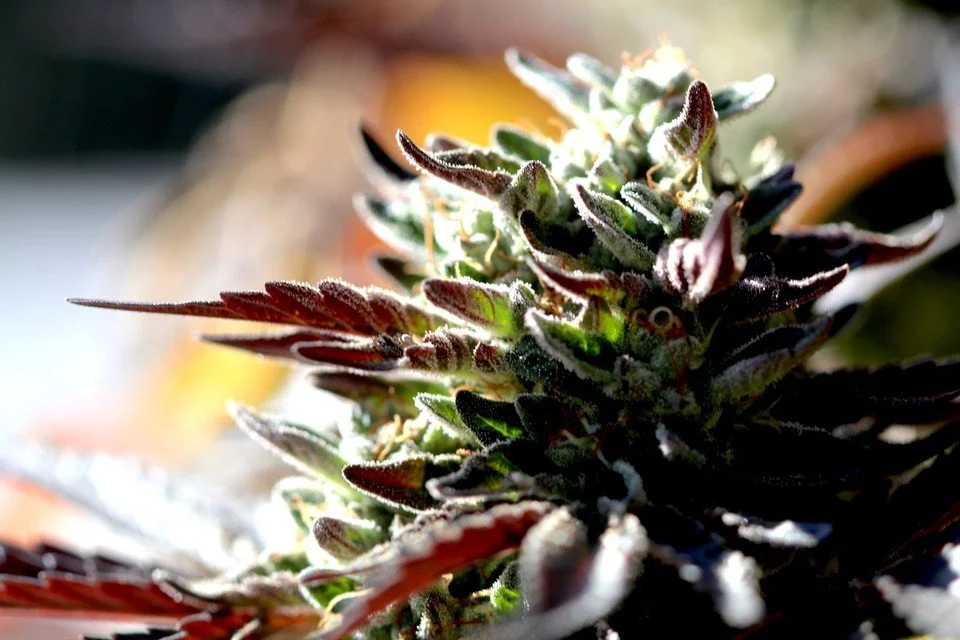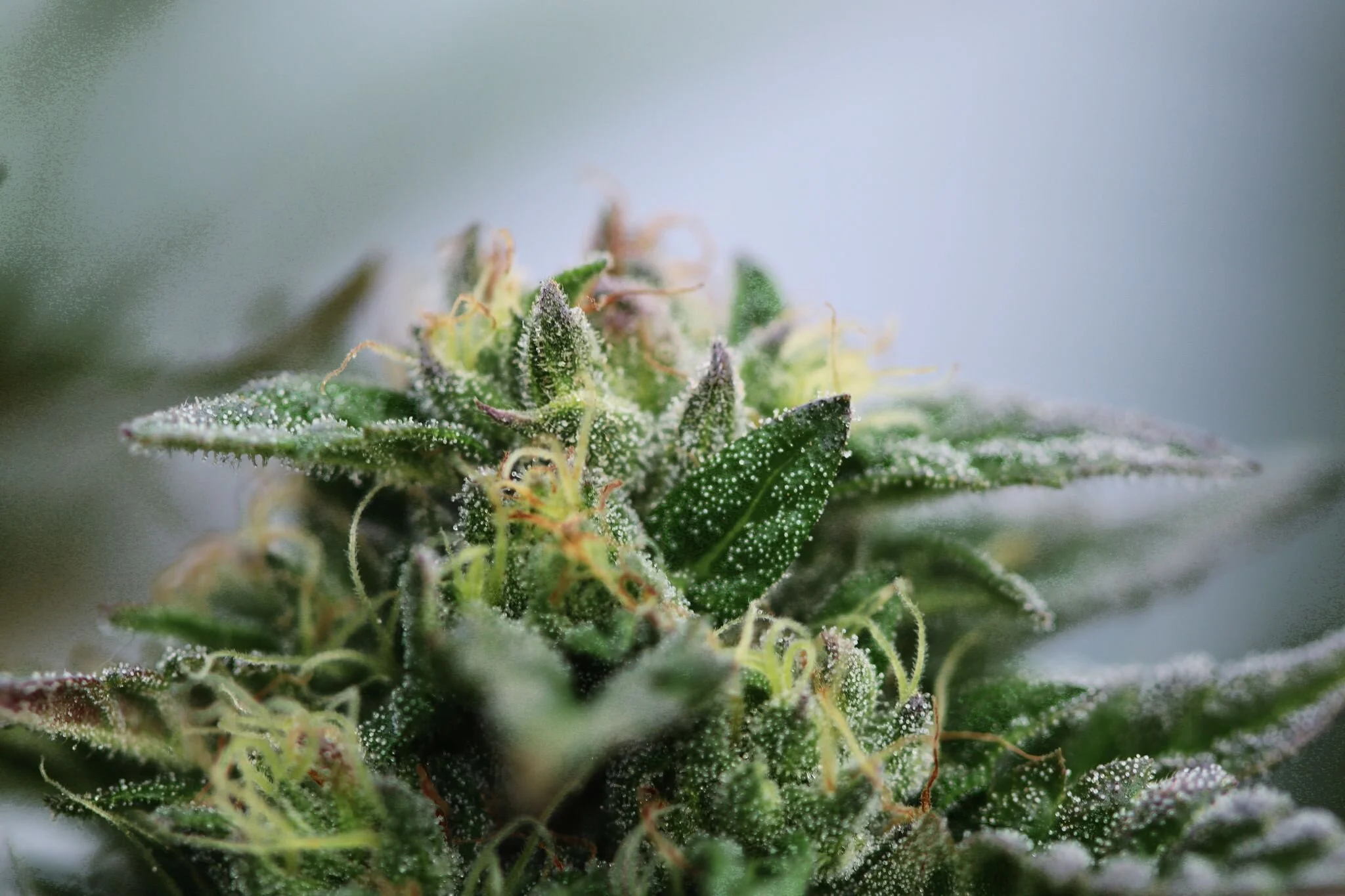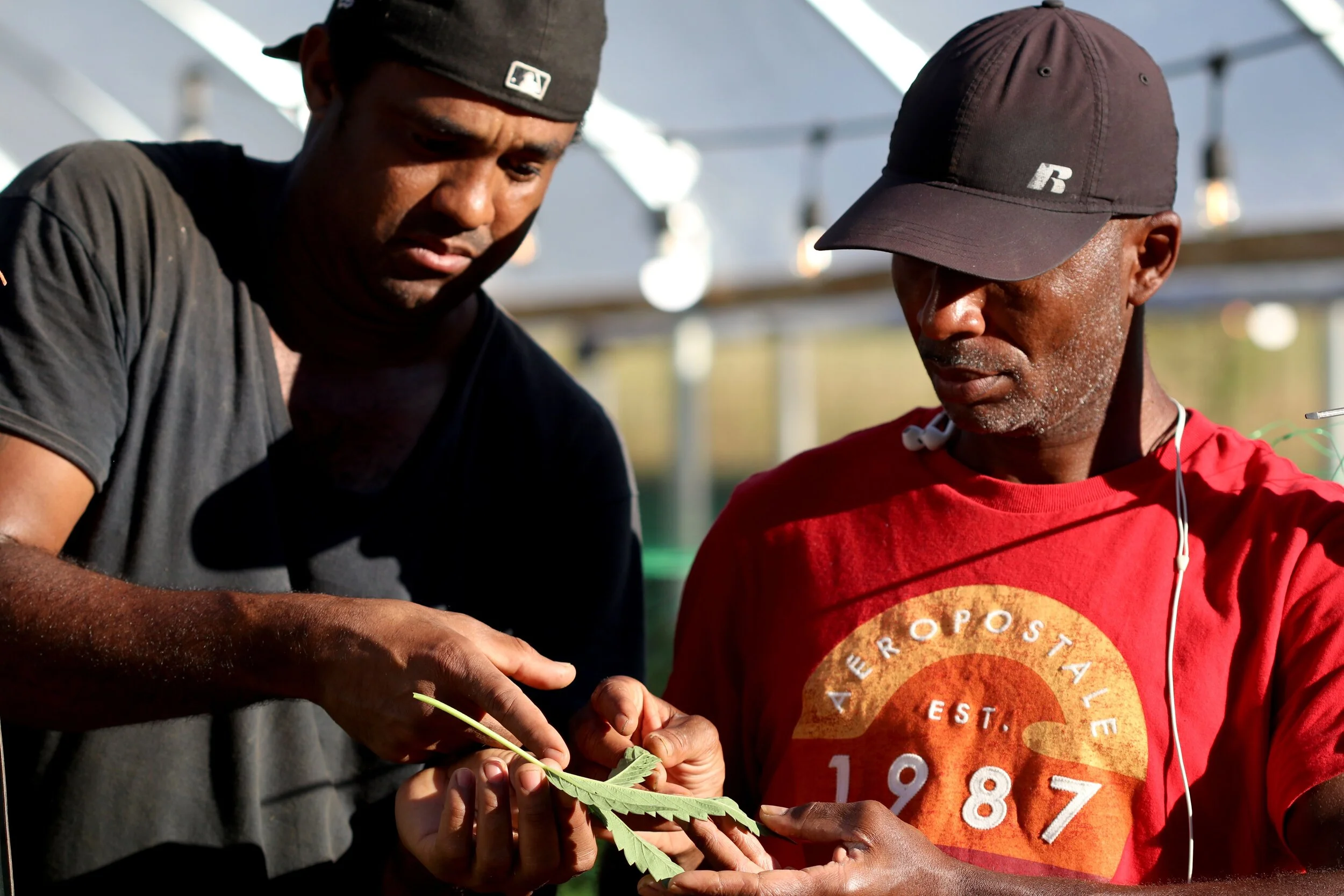If you're looking to boost your sustainability this year, focusing your efforts on energy efficiency can help cut back on operational costs while bettering your relationship with the environment. There are many ways you can reduce energy use, but if you don’t know where to start, these few tips outlined below can help you get on track to a more energy-efficient lifestyle.
How We Scale & Maintain Quality
As cannabis cultivators, it's important that we continue scaling our business to keep up with the demand of a quickly expanding industry. To remain within our strict cultivation standards, we have to maintain quality while we scale, and this is possible through increasing avenues of efficiency and implementing smart-farming techniques.
Personalizing Sustainable Cultivation
Sustainable cultivation comes in many forms, each uniquely beautiful in its own way. This is because being sustainable means working with your land and adjusting your approach to serve its needs. From the soil you grow within to the average cloud coverage in the sky, understanding your microclimate is key to creating a sustainable garden that is perfect for your particular space.
The Linear Workflow Design
With efficiency as one of our main objectives, we like to regularly evaluate our workflow and see if there are areas where we can improve. Because of this, we've made changes along the way, some that turned out well and others that presented challenges. But what we've found through our years of discovery is that a linear workflow design works best for our farm for several reasons, and maybe it will work best for you too.
A New Beginning: Our Off-Grid Journey
We started our solar journey by signing up for Sonoma Clean Power as our source of grid energy. This program guaranteed that all of our energy use was obtained from renewable sources, like solar and wind energy. But where this came up short was during California's rolling blackouts throughout the fire season. As a cannabis cultivator, fire season takes place during our fall cultivation cycle, harvest, and through part of processing, when it's absolutely imperative that we have electricity for irrigation, humidity and temperature controls, and security measures. When we process fresh-frozen harvests, this adds an even more critical need for continuous power. Otherwise, we could lose our entire crop. We knew we needed to take matters into our own hands or possibly face an uncontrollable fate. This thinking was the start of our off-grid solar journey.
Smart Farming: Customizing Your Garden
A smart farm starts with a smart design, and new technologies can help us create a plan that maximizes efficiency and encompasses sustainability, all while keeping our unique land restrictions in mind. Regardless of the crop(s) we decide to grow, taking the time to ensure our garden will be able to operate at peak performance will prove beneficial. The future of agriculture relies on efficiency, and with a little brainpower and help from technology, even small, personal gardens can enjoy the advantages of a well-designed cultivation space.
Smart Farming - Its Effect on Cultivation Efficiency and Sustainability
Working on farm efficiency requires trying to look at a familiar issue through an unfamiliar lens. It’s vital to question standard practices in order to develop innovative “smart” farming alternatives. Smart farming is an evolving strategy that can benefit many parts of a farmer’s operation, regardless of the crop they are cultivating. Through the use of data collection, we can recognize inefficiencies throughout the season, allowing us to improve the following cycle, reduce our impact on the environment, and increase our transparency with customers.
Smart Farming - Identifying and Controlling Pest "Hot Spots"
Farmers today face erratic climates, a reality that seems to be worsening year after year rather than improving. With this, a new set of challenges rises to the surface, unfamiliar forms of pest pressure being one of them. We can combat this with smart farming technologies, using them to collect data from every part of the field to closely monitor potential threats, understand their impact, and determine the best approach for protecting our crops. Using the precise application of safe and effective crop protection practices that are both sustainable and economically efficient protects our farm from possible outbreaks that could be detrimental to our overall success. By understanding our field's data and implementing the correct treatment methods, we can shield ourselves from anticipated pest problems and create a foundation that's easy to rely on.
Smart Farming: The Use of Drones and Satellite Imagery in Agriculture
Advancements in agriculture have led to the use of technology in all aspects of the craft. With the demand for food, textiles, and other crops increasing year after year due to population growth, farm operations must find creative ways to increase their production output as well. To do this efficiently, we farmers have to utilize Information and Communications Technologies (ICT), a necessary step to lower our overhead costs while maintaining consistent quality. By adopting and integrating these smart-farming technologies into our daily cultivation operations, we can improve data-reporting accuracy and avoid some of the additional labor requirements, saving ourselves valuable time and capital in the process.
Smart Farming - Soil Sampling for a Better Crop
To achieve cultivation success, we have to begin from the ground up. Precision soil sampling is our starting line. As an environmental-focused farm, we reuse and rebuild our soil each year, giving back to the earth while we lower our ecological footprint. But to do this, we have to understand what nutrients are lacking in our soil, as well as precisely where they are missing in the field. When we're armed with this data, we can create a foundation that helps us produce exceptional cannabis harvest after harvest.















